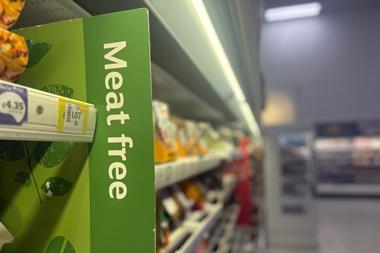This week Fentimans became the latest SME to warn of the potentially catastrophic impact of the proposed new extended producer responsibility fees. There have been dire warnings for some time. In June, the MD of another soft drinks supplier, Belvoir, warned in The Grocer of an “extinction event’ among British SMEs.
But concerns have only escalated as the government unveiled the first of a set of indicative fees for glass last month. Adding to the controversy, Defra calculated the fees in partnership with local authorities, rather than using estimates provided by the Waste & Resources Action Programme (Wrap).
This week, officials from Defra were once again holding talks with industry and local authorities to try to explain their estimated fees, while also preparing the ground for a new set of updated estimates due out later this month, which are being seen as make or break for the plans.
The outcry from soft drinks manufacturers and alcoholic drinks suppliers alike has not been met with universal sympathy. This week the Aluminium Packaging Recycling Organisation called for the government to stick to its guns, pointing out the irony in complaints from the glass packaging lobby about EPR, considering the huge efforts they have made to campaign against inclusion in the various deposit return schemes, a decision some may now regret.
However, other sources are simply mystified over how Defra reached its eye-watering figures: up to £300 per tonne for glass.
Defra is understood to be meeting face to face with many companies in the next few days, but its hopes of calming fears haven’t been helped by a major report by the Policy Exchange think tank, which is calling for an “immediate” government review of the plans, claiming they are nothing more than a £2bn annual packaging tax.
Policy Exchange says Defra must urgently commit to a ‘producer-led’ system to convince companies they are not simply contributing to an endless local authority money pit.
All eyes are now on Defra in the hope the second set of figures signal changes in the costs, and the legislation itself.




















No comments yet